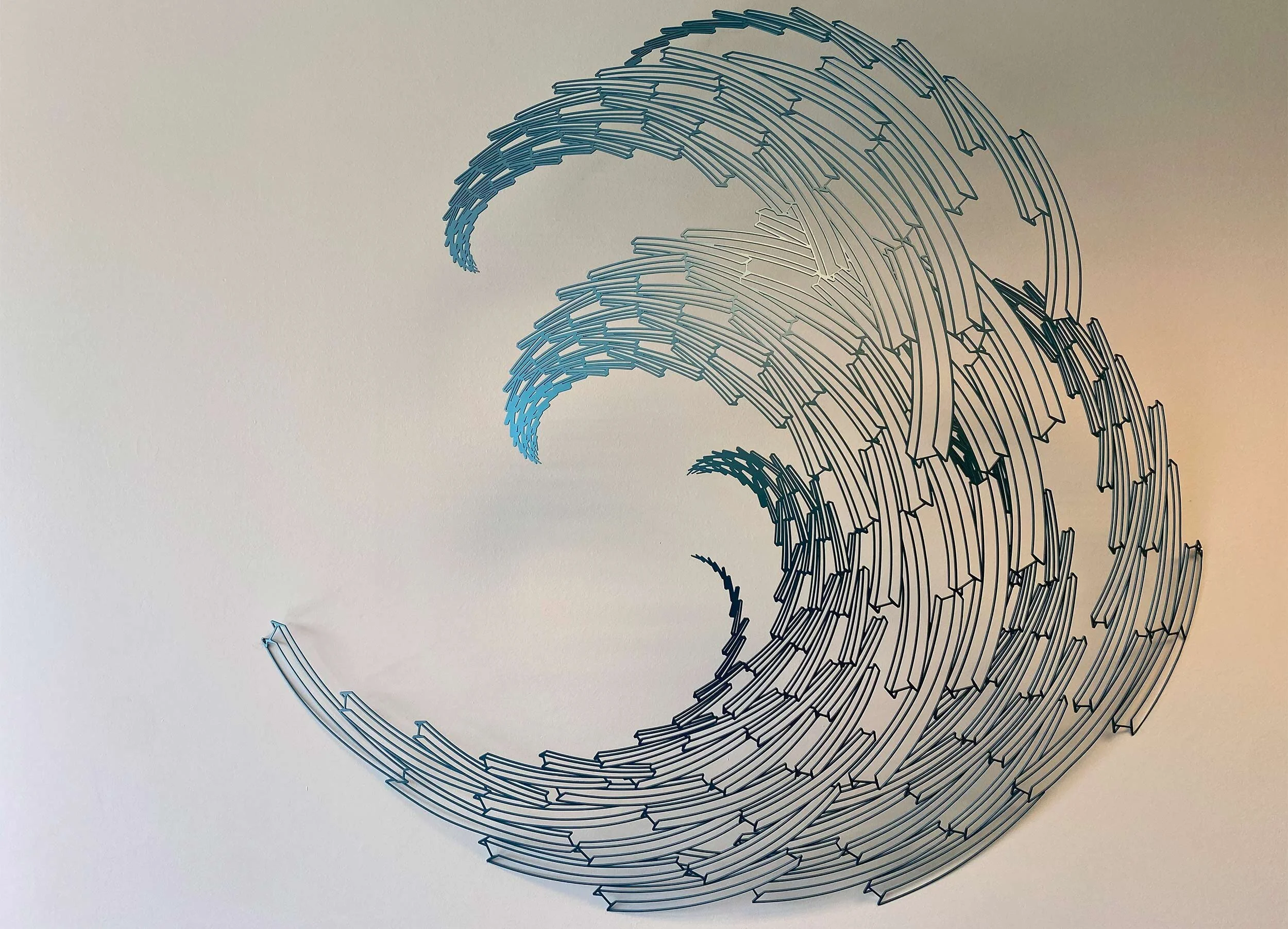
A selection of articles and insights from our surgeons and medical specialists
Faecal incontinence
Faecal incontinence is defined as the involuntary loss of faecal material from the bowel. It can occur passively, without awareness or it may be preceded by urgency.
What are polyps?
Polyps are one of the most common conditions affecting the colon and retcum, occuring in 15-20% of the adult population. They are abnormal growths in the lining of the large intestine (colon) which protrude into the intestinal canal. Find out more and how to manage them with Intus.
Crohn’s Disease
Crohn's disease is a lifelong condition in which parts of the digestive system become inflamed. The wall of one or more segments of the gastrointestinal tract becomes thickened, inflamed and swollen.
Ulcerative colitis
Ulcerative colitis is one type of a condition called inflammatory bowel disease (IBD). New Zealand has the third highest rate of inflammatory bowel disease in the world with the number increasing at an alarming rate. It is estimated to affect 15,000 New Zealanders. Find out more with Intus.
Rectal Bleeding
Over 80% of people will experience rectal bleeding at some point in their lifetime. The causes of such bleeds are multiple and most often the underlying problem is not a serious one. However, this is not always the case – bleeding from your bowels should always be reported to your doctor so that an accurate assessment of your bleeding can be made.
Haemorrhoids: normal and the abnormal
Haemorrhoids are normal, but with increased pressure in the anal canal or tissue laxity they can become engorged and cause a number of symptoms.
What is rectal prolapse?
Rectal prolapse refers to a condition where the rectum (lower part of the bowel) telescopes upon itself and sometimes through the anus (back passage). Learn more about management at Intus.
Constipation
It is usually normal to not go every day, or go anywhere from 3 times a day to 3 times a week. Constipation however means a hard dry stool that is difficult to pass, or passing less than 3 bowel movements a week. It can cause discomfort and bloating for many who suffer with it.
Bowel cancer: now and the future
Bowel cancer is common in New Zealand. There are multiple potential causes and prevention is our goal. However, for those with a diagnosis of cancer there are multiple treatment options that Intus can guide you through.
Pelvic floor prolapse in women
The pelvic floor muscles are a series of muscles that form a sling or hammock across the opening of the pelvis. These muscles, together with their surrounding tissue, are responsible for keeping all the pelvic organs in place and functioning correctly.
What is a flexible sigmoidoscopy?
A sigmoidoscopy is an examination of the rectum and the lower end of the large bowel by means of a flexible tube (endoscope). It is the same as a colonoscopy except that it does not examine all of the colon.
Diverticular Disease and Diverticulitis
Diverticular disease of the colon is a condition where the lining of the colon bulges through defects in its muscle wall, creating multiple pouches, or “diverticula”. Diverticular disease also affects the smooth muscle in the colonic wall, which becomes thickened and scarred.
Bowel Cancer and Screening
Digestive health is a delicate issue. With over 2000 New Zealander’s developing bowel cancer every year, it’s an area of utmost importance to your wellbeing. The comforting news is that bowel cancer is preventable with the appropriate screeing.
What can I expect from my consultation at Intus?
You are welcomed into a warm and professional environment where patient care is paramount. You will be asked to give us important medical information that is critical to our ability to be of value to you. We know that the issues we deal with are very personal and private.














